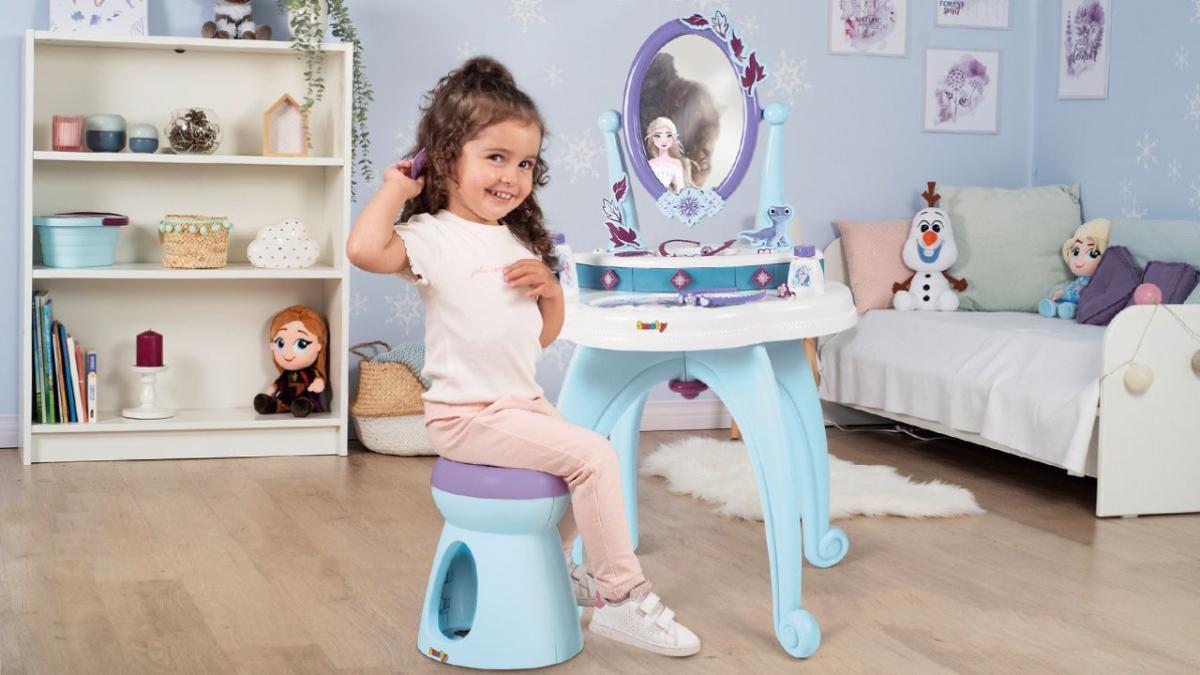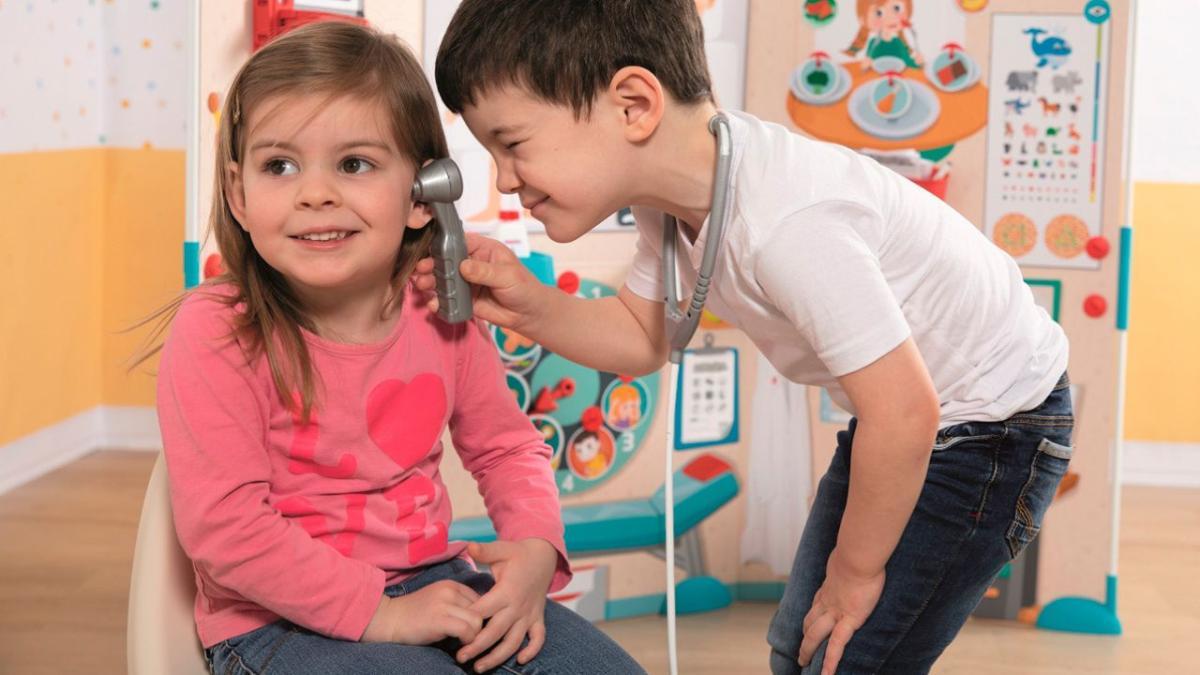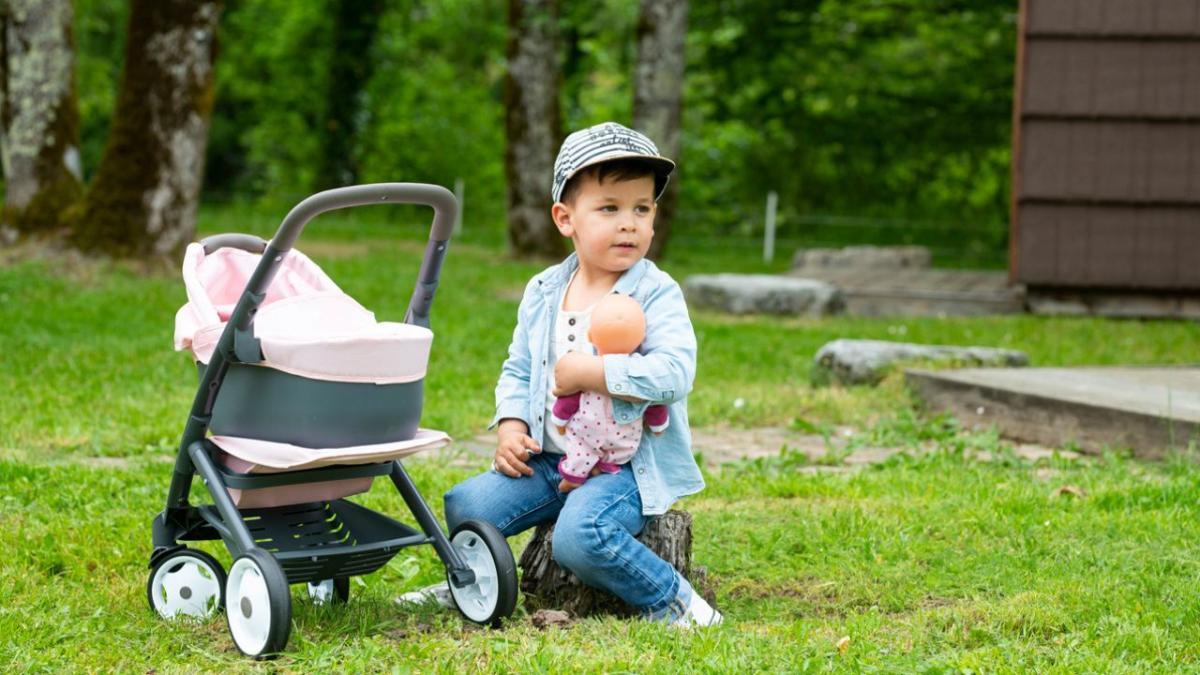Why do we play?
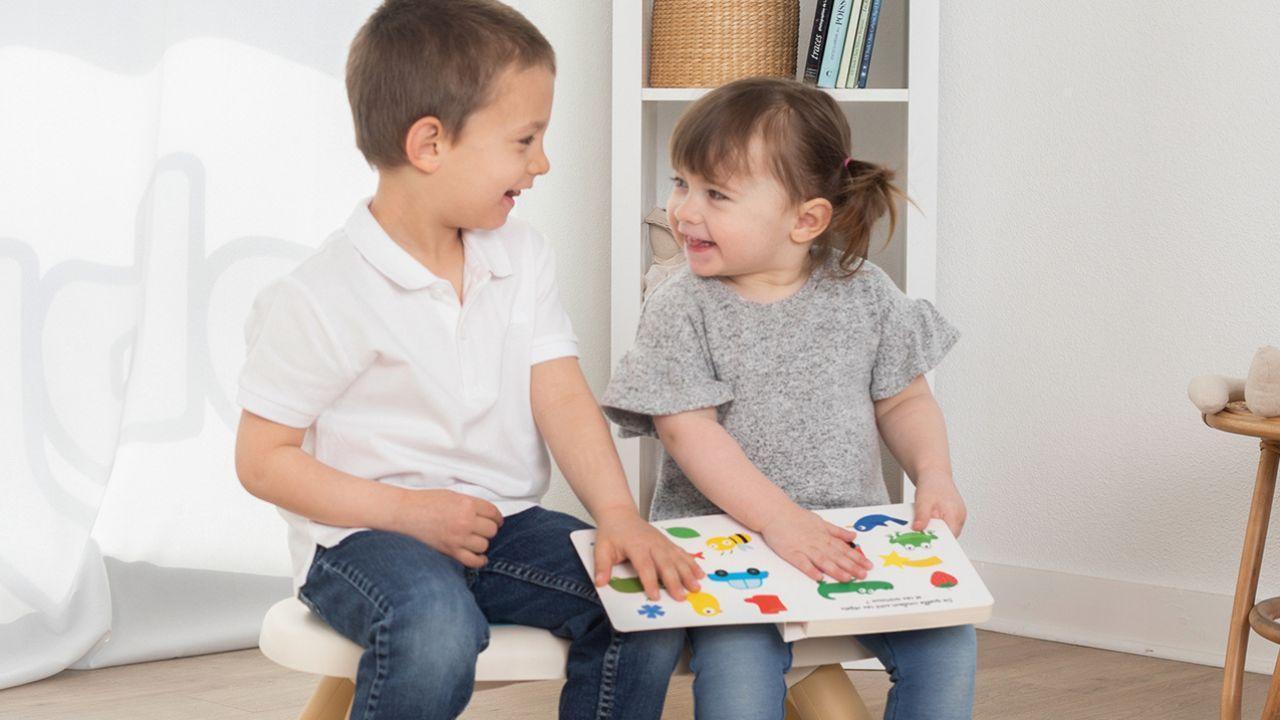
-
By
Petra J.
Why do we play? The importance of play
Playing brings children closer to social habits, lets them discover the world, promotes numerous skills, creates space for self-expression and creativity and, last but not least, is great fun.
There are many good answers to the question "Why do children play?", which we discuss in detail in this article. Among other things, we look at the importance of play for a child's development and take a close look at the extent to which children experience valuable support through play.
The most important facts in brief
- Importance of play: Play promotes social skills, creativity, self-expression and is fun. It is an important part of child development and enables children to discover the world and find their way in it.
- Areas of development: Play supports children's development in the following areas: Motor skills, sensory, cognition, emotion, social behavior, creativity, and many more.
- Stress reduction and bonding: Playing together strengthens the bond with peers, siblings and parents and helps children to reduce stress and process their environment through play.
- Recommendation: To maximize the positive effects of play, high-quality, educational toys that are age-appropriate and educational should be used.
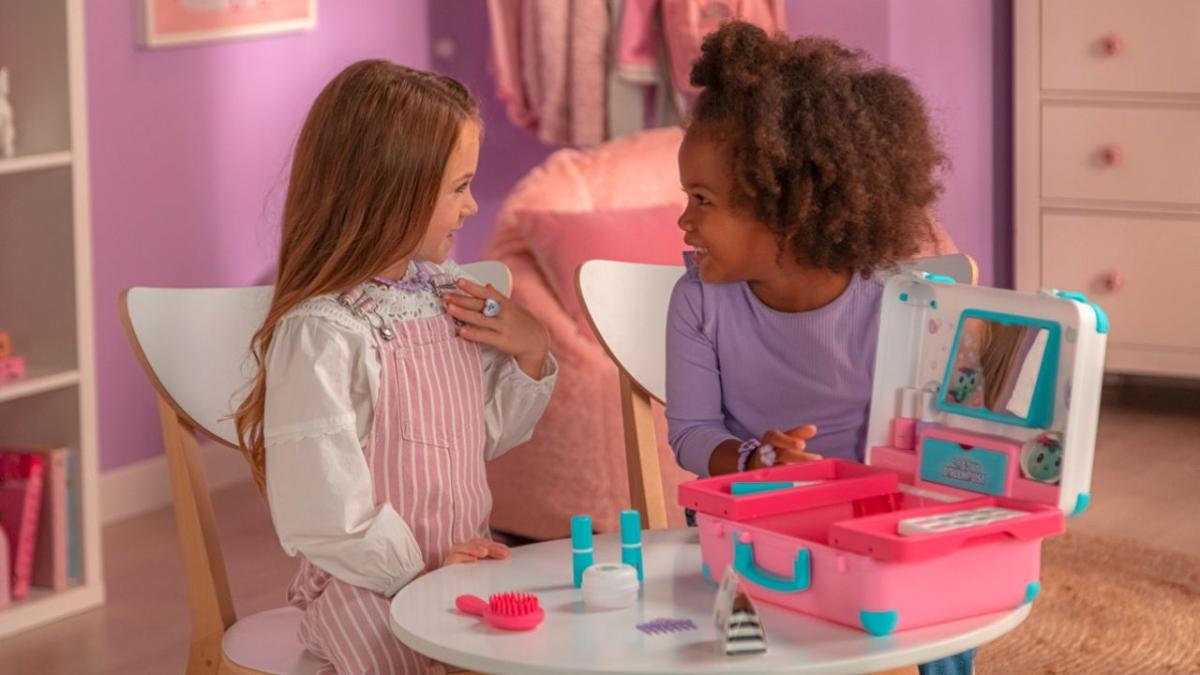
Why is play so important, especially for children?
Why is play important for children and why do people play at all? Children do not ask themselves this question. Playing is something thoroughly natural for them, which they pursue without ever questioning the importance of childhood play. However, there are actually a whole range of good reasons for extensive play in childhood.
Through play, children learn the social norms according to which our society functions and how they can find their way in it. They come into contact with their fellow human beings, gain experience in the area of social interaction and discover their self-efficacy by trying things out and observing the reactions to their actions. Especially in toddlerhood, playing together strengthens the parent-child relationship immensely and thus contributes to building stable bonds.
Another answer to the question "Why do children play?" is: because it strengthens their ability to find their way in this world. The importance of play lies above all in the fact that children can develop and expand a wide range of skills through play.
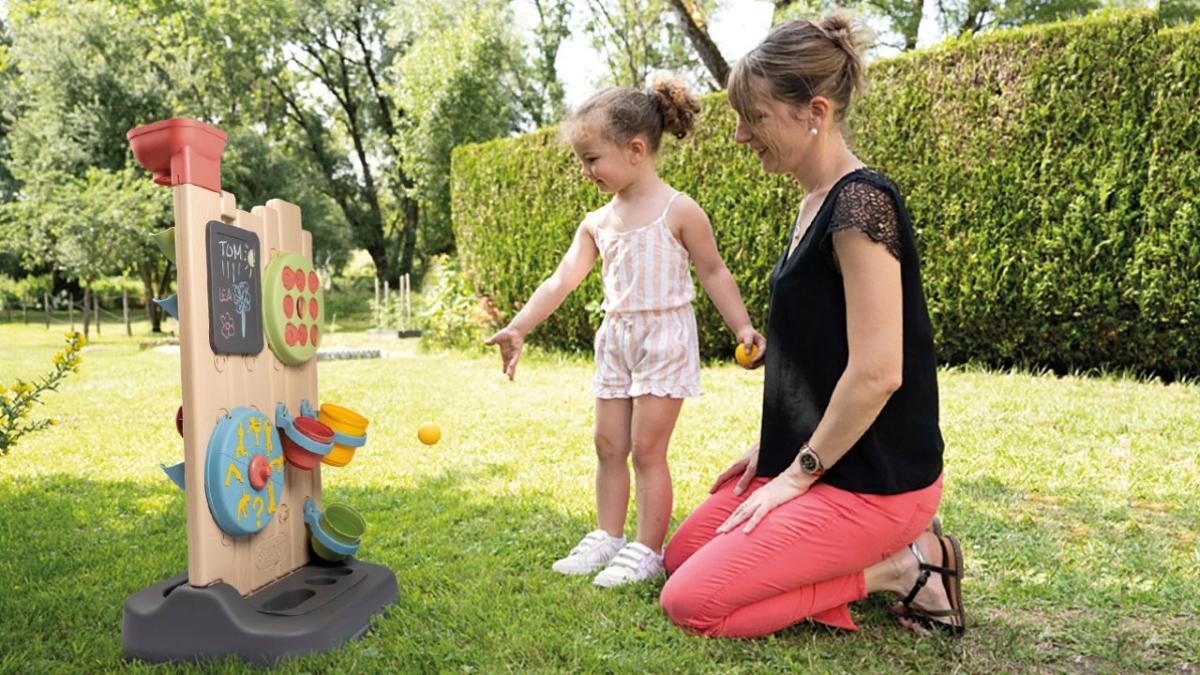
What is encouraged through play?
Which brings us directly to the importance of play in education. It is amazing how many different levels play promotes children and helps them to grow beyond themselves in an age-appropriate way . In the following, we look at the individual areas of development that meaningful play can address and explain why play is not just for entertainment, but is also an important learning tool:
Play promotes cognitive and sensory development
Concentration, logical thinking, imagination, problem-solving and perception: these are all important cognitive and sensory skills that your child can practise while playing. This development is particularly effective if your child has access to educational, age-appropriate toys - for example from our baby & toddler toys category. When they play with the Smoby motor skills cube, for example, they are confronted with a range of visual, auditory and tactile stimuli that sharpen their sensory perception. At the same time, they have to concentrate and think actively in order to discover the varied play options for themselves.
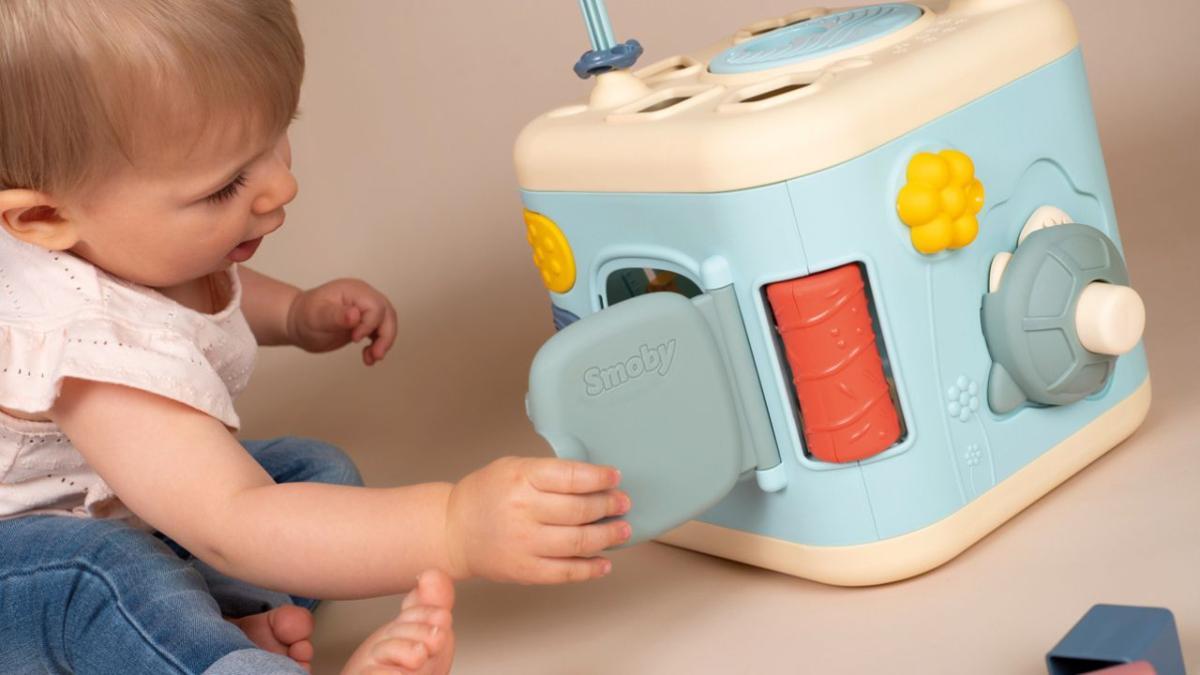
Similarly stimulating play is possible with sandboxes in combination with sand and water toys. These sensorially interesting toys impressively illustrate why playing is a key "experience provider" for children. What does it feel like when sand trickles through your fingers? Is the water warm or cold? What happens when sand and water come together? Your child can explore all these things for themselves when playing with Smoby toys.
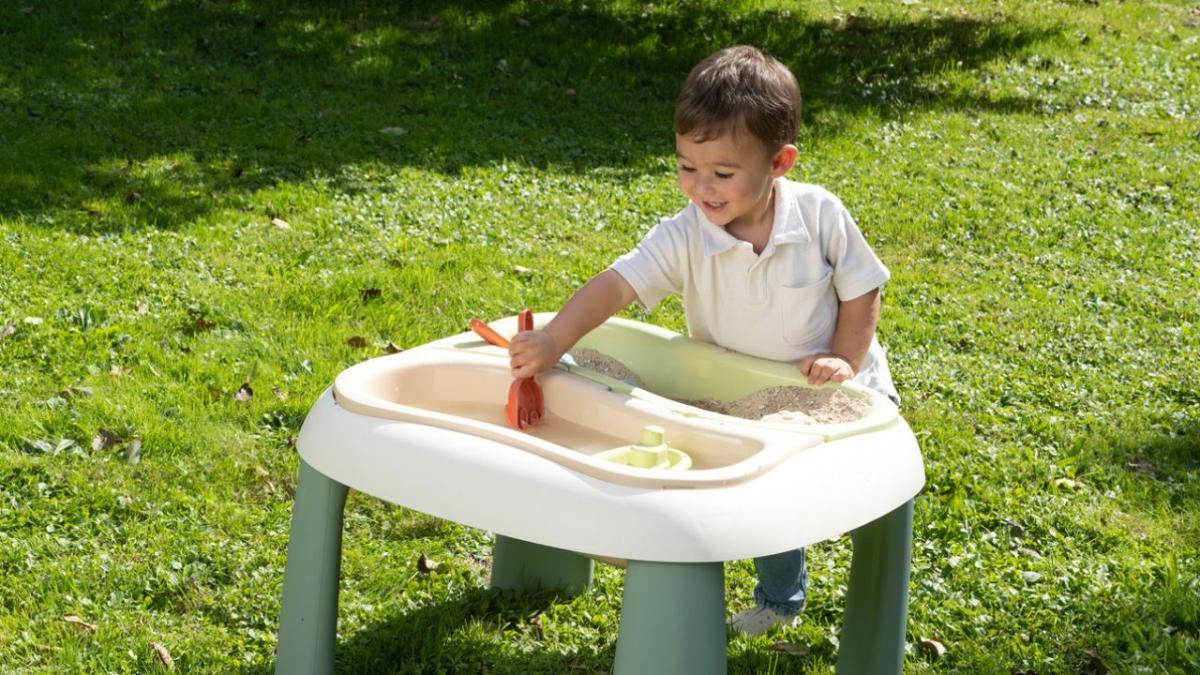
Playing promotes health
Games that get your child moving have a significant positive effect on their health, as they encourage physical activity and prevent obesity.
They also improve your child's motor skills - another facet of the importance of children's play that should be emphasized.
These effects are particularly evident when playing with outdoor toys and children's vehicles. Even toddlers can develop their motor skills with slide cars or balance bikes, while kids aged 3 and over can get going with scooters and scooters. Coordination, balance, a sense of direction and physical awareness are required when out and about on these speedy vehicles.
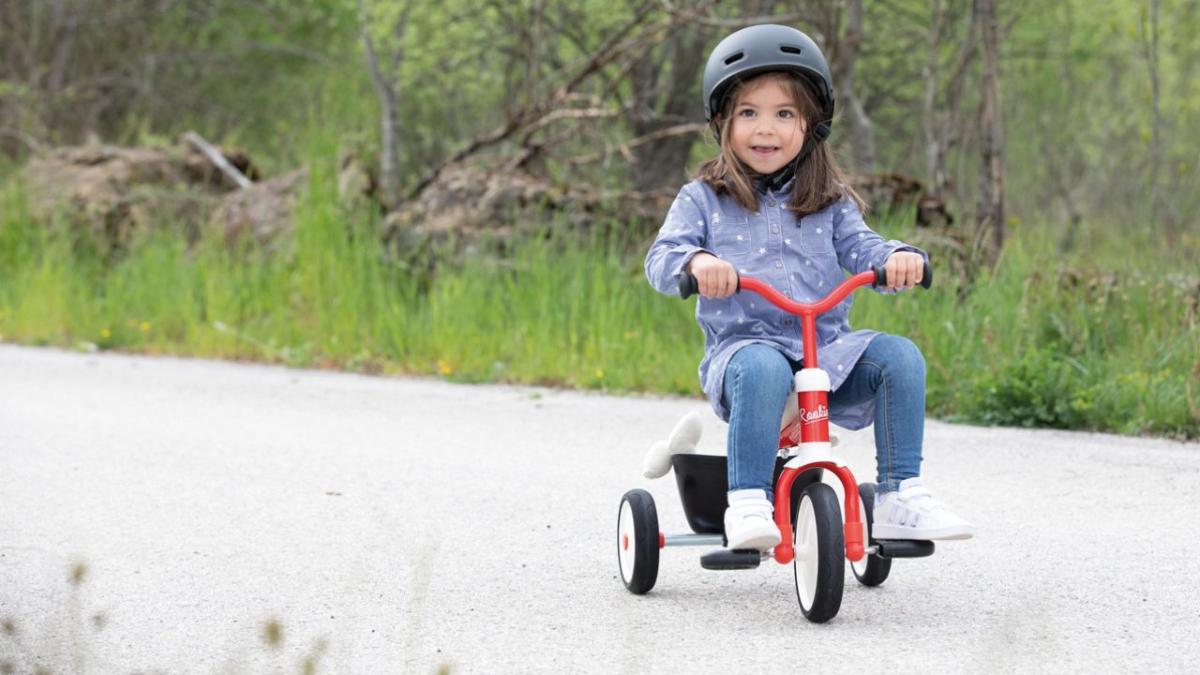
Why play indoors when there are cool outdoor products for outdoors? Not only our children's vehicles, but also the play and climbing towers as well as the seesaws and swings from Smoby provide your child with motor skills-promoting hours of play in the fresh air. With them, you combine the health benefits of exercise and spending time outdoors with the fun and learning effect that is virtually guaranteed with these toys.
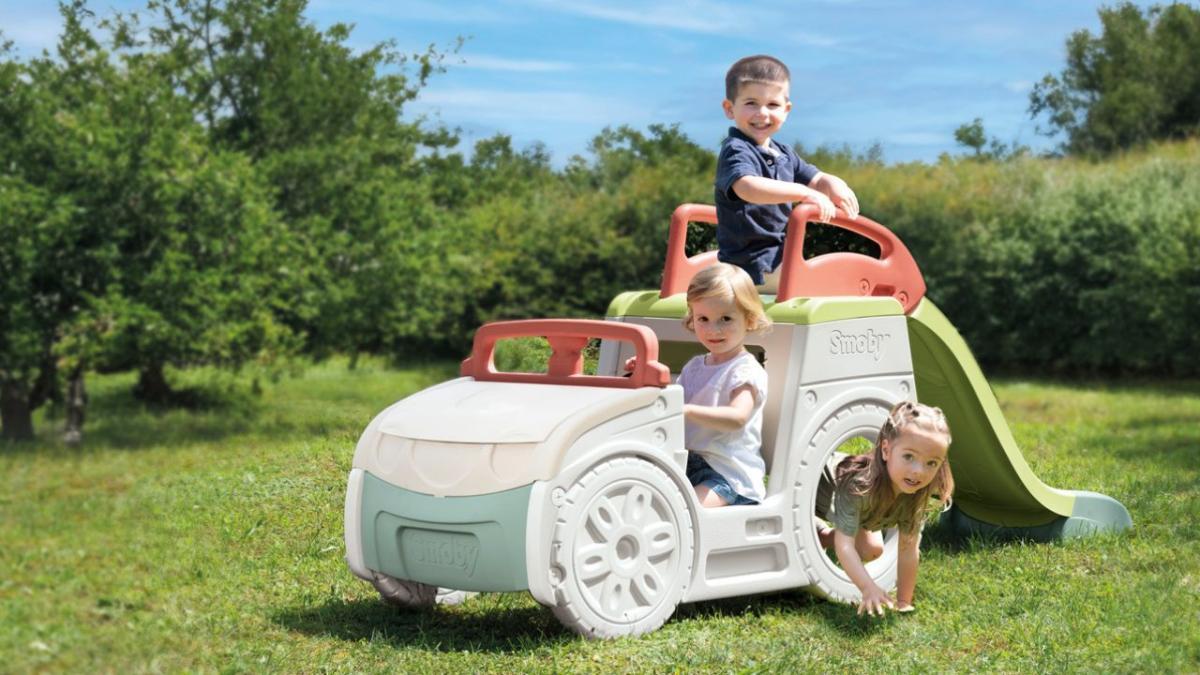
Playing promotes creativity
The importance of play for a child's development also extends to the areas of creativity and imagination. Why do children love to play role-playing games? Because by slipping into other roles, they can go beyond the boundaries of reality, gain new experiences, gain a better understanding of the world and get to know themselves.
If you want to support your child in this, you can offer them role-play toys. With a children's kitchen, they can practise cooking, while they can conjure up creative hairstyles at the make-up tables, for example.
In addition to role-playing games with toys that suggest fixed roles, freer creative games, such as crafting or role-playing games that are entirely of your own devising, also offer great added value. With children's furniture, such as the child-friendly tables and chairs from Smoby, you can create an environment in which your child can develop freely and comfortably.
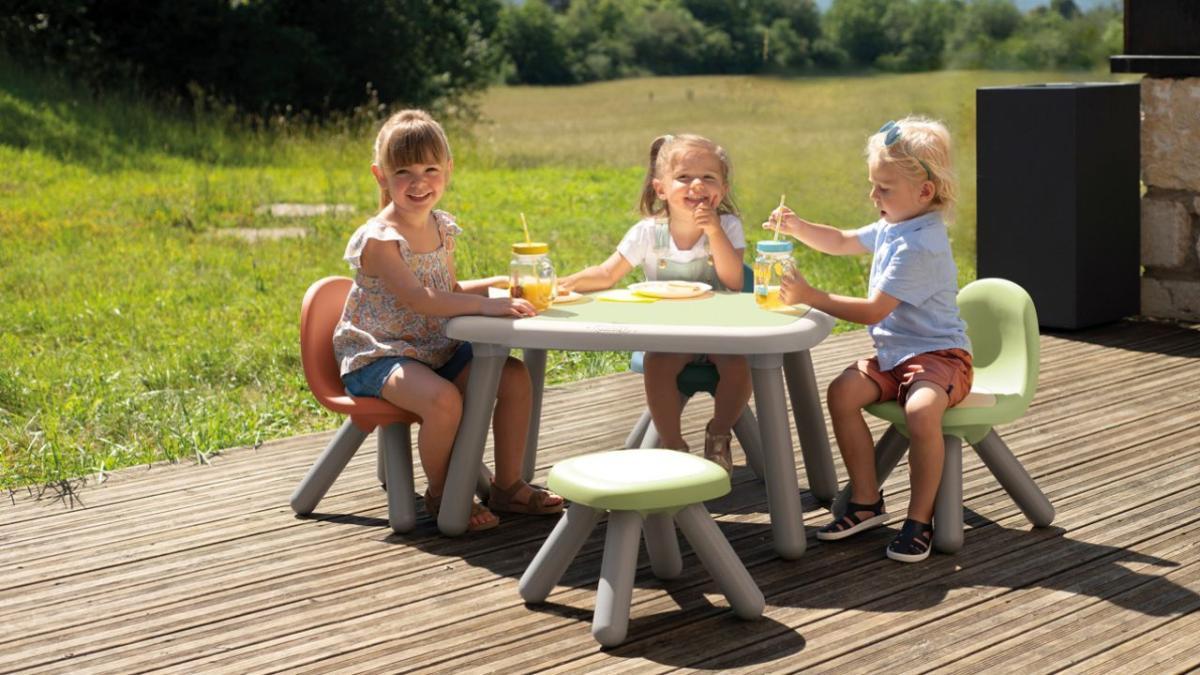
Playing promotes social and emotional development
The importance of play for social-emotional development is often underestimated, but it goes a long way to explaining why play is so important for kids. Through age-appropriate play, your child can express and process emotions and learn to better understand their emotional world.
At this point, we come back to the aforementioned games with role-play toys. Equipped with doctor and vet toys, for example, your child can approach the feelings of concern and compassion for the patient in a playful way. Playing with dolls and doll accessories opens up access to numerous other emotionally charged play situations. They may feel responsible for regularly feeding their doll in the Baby Nurse doll's high chair or feel proud when they push her around the neighborhood in the Maxi-Cosi - experiences that train the empathy and empathy of little doll parents.
Play promotes the development of social relationships and the reduction of stress
When it comes to why play is important and the significance of play in education, the focus is often on social relationships. Playing together with peers, siblings or parents creates a sense of togetherness that strengthens mutual bonds and therefore greatly promotes healthy child development. At the same time, playing gives your child an opportunity to relieve stress and tension by engaging with the world around them in a playful way.
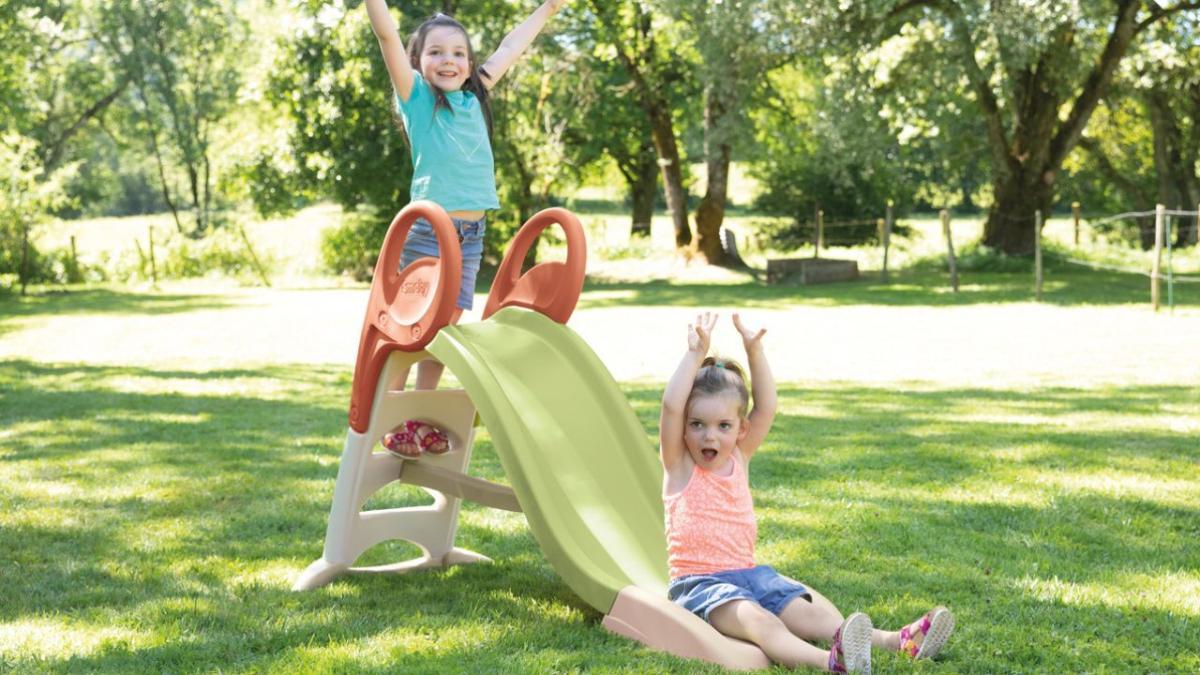
But what can you play with children to achieve these positive effects? The simple answer: anything you enjoy. You will find that the specific content is secondary to the importance of play as long as toys are available and everyone involved enjoys playing. For example, building a car racing track together can bond you just as much as the experience of teaching your child to drive a pedal tractor - the most important thing is the time you spend together and use it wisely.

